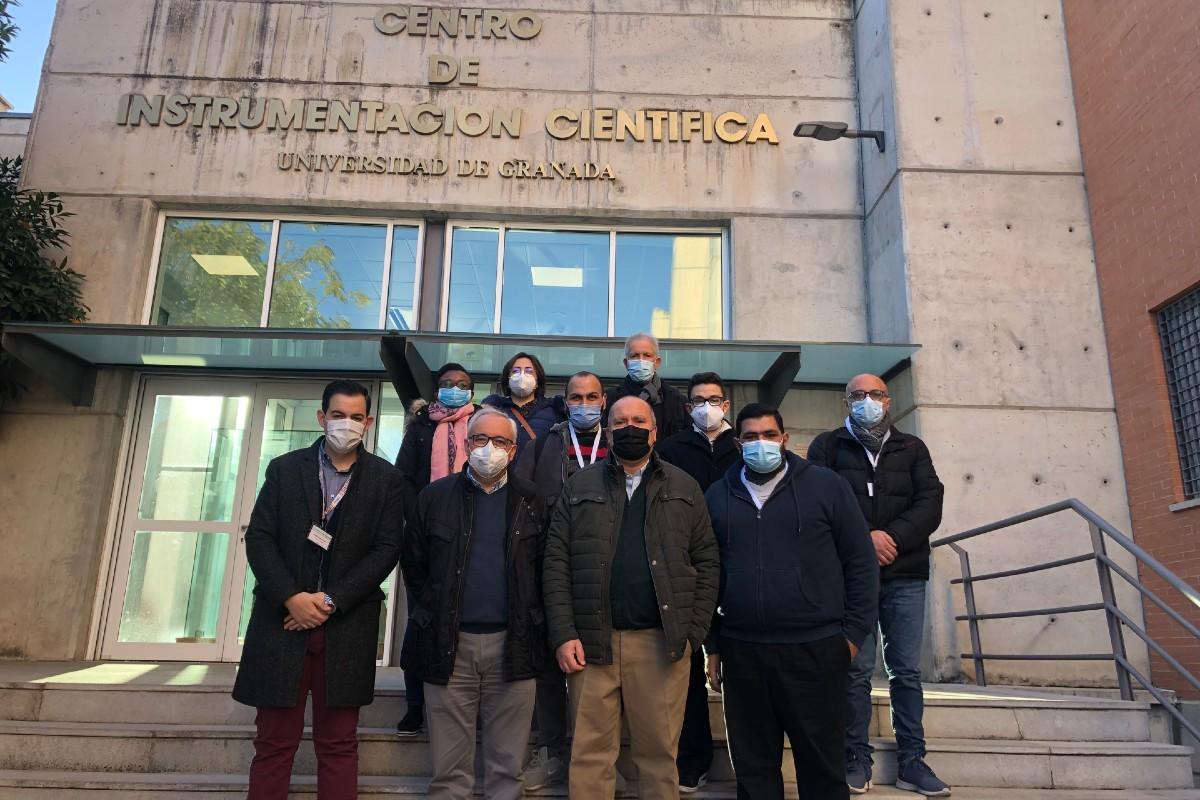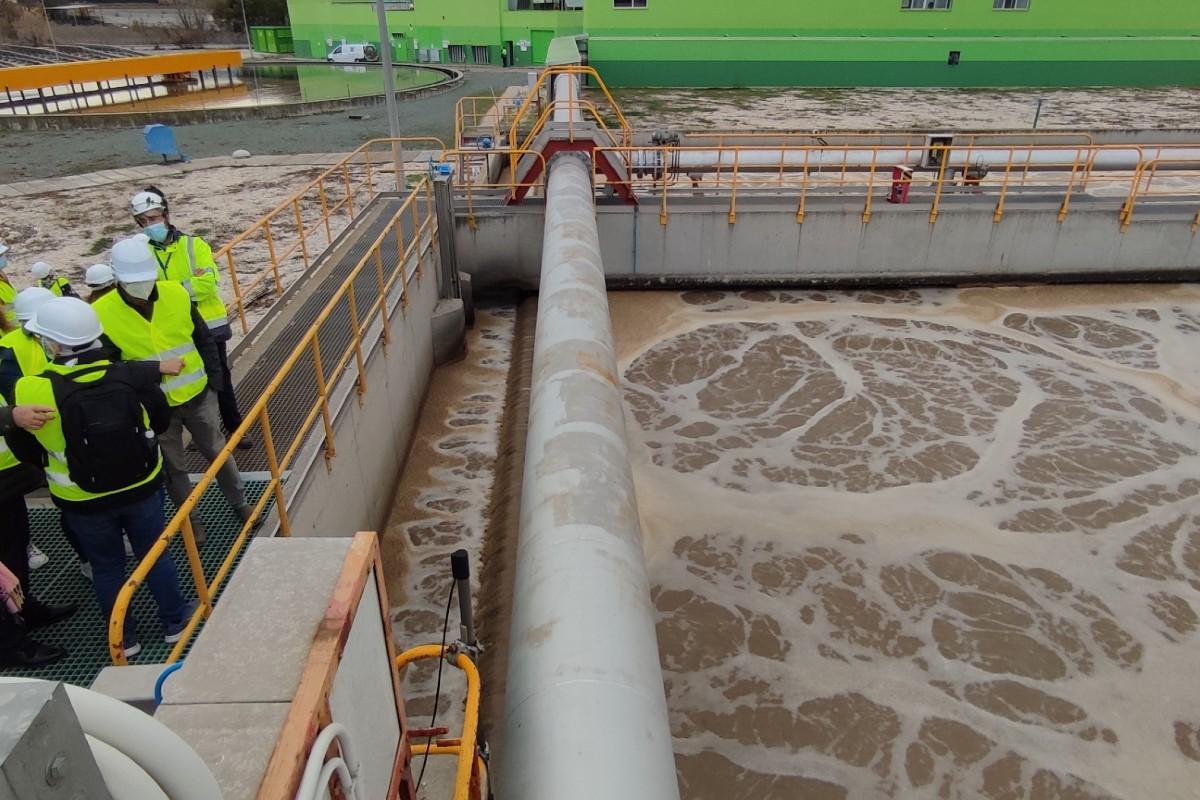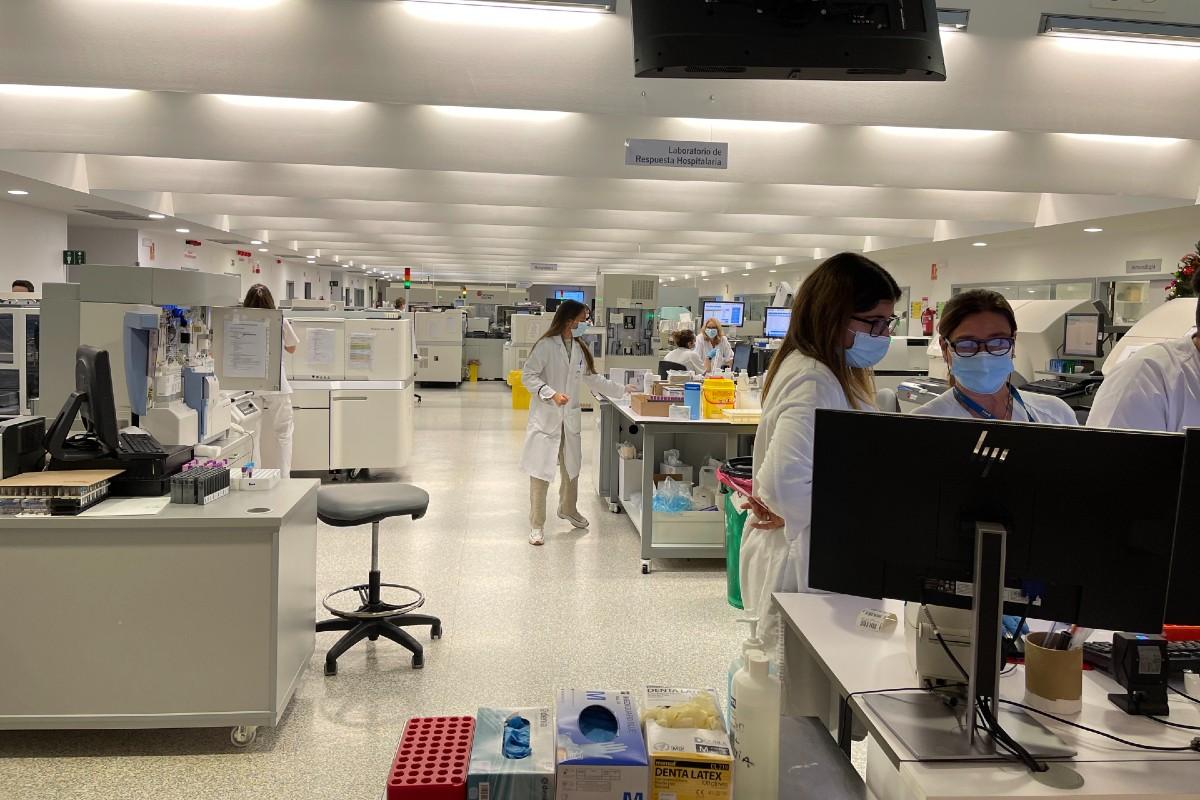New Hope for Hospital Wastewater Treatment in Lebanon
LAU is collaborating with a number of European and Lebanese institutions toward bringing sustainable cutting-edge solutions to the country.
The School of Pharmacy (SOP) at LAU has joined forces with a consortium of local and European institutions in a capacity-building three-year project that aims to promote safe hospital wastewater management in Lebanon.
Co-funded by the Erasmus+ Programme of the European Union, Sustainable Wastewater Treatment for Hospitals (SWaTH) presents a valuable opportunity for knowledge transfer between European institutions and Lebanese universities, coordinated by the University of Balamand’s Dr. Makram El Bachawati.
SOP Dean Imad Btaiche offered some background on the project, explaining that wastewater from hospitals may contain hazardous substances to human health, such as chemical, pharmaceutical or radioactive contaminants and pathogens. As wastage is a consequence of poor management practices, waste-reducing activities involve complex and concerted efforts that should be governed by national regulations.
“This project is an example of such attempts that bring together international academic, healthcare and industry partners to address this global challenge,” said Dr. Btaiche, adding that it is also in line with the third pillar of the university’s strategic plan: LAU Without Borders.
The project aims to examine current practices of hospital wastewater treatment in Lebanon, particularly of wastewater produced from cytotoxic drugs and dialysis units, with a view to improving them.
“The SOP – being the only health-related entity among the consortium’s Lebanese universities – is tasked with conducting a baseline assessment of Lebanese hospitals,” clarified Associate Professor and Associate Dean for Academic Affairs Roy Kanbar. Based on the findings, recommendations will be generated to improve the practices of hospital wastewater treatment.
“We bring to this project the clinical perspective and expertise to translate findings into actionable steps,” said Dr. Aline Saad, former clinical associate professor at the SOP and lead investigator on the project.
Complex problems as such require a collaborative interdisciplinary approach, noted Dr. Kanbar. That is why the LAU SOP teamed up with scientists from different backgrounds and practice environments to help solve a pharmaceutical wastewater issue.
Hospital waste poses significant environmental threats in industrialized and underdeveloped countries alike. “Coming up with the appropriate technology to treat it will remove problematic particles or compounds, rather than diluting them with residential wastewater and reemitting them into the environment,” explained Associate Professor of Pharmacy Jad Abdallah, who is also the co-principal investigator on the project.
Last month, the first mobility training was conducted in Spain, led by the University of Granada Faculty of Science. Lebanese faculty and graduate students were trained in European best practices and innovative, cutting-edge technology being used in wastewater treatment.
The comprehensive training, said Clinical Instructor of Pharmacy Carl Aoun, included visits to a local hospital and a wastewater treatment plant – where they were able to observe hazardous hospital liquid waste treatment – and attending multiple presentations on the use of novel environmental solutions, such as activated carbons.
“Visualizing the hazardous liquid waste treatment process, as well as water recycling, though technical, could be of great importance for us when evaluating the methods used in Lebanon,” said Dr. Aoun, adding that such mobilities help identify gaps and needs for improvement.
For Pharmaceutical Development and Management graduate student Ismat Abi Khalil, taking part in data collection and research for this project widened her perspective and “enriched her interest in a topic that is understudied in Lebanon.”
The project comprises five work packages: Preparation, Development, Quality Plan, Dissemination and Exploitation, and Project Management.
The team is currently finalizing the first phase, having collected and assessed data from Lebanese hospitals in order to generate a comparative analysis of the methods used in Lebanon. Taking into account the diversity of the Lebanese healthcare system, both private and public hospitals, as well as other healthcare centers, were included in the study.
According to Dr. Abdallah, next steps include conducting social and environmental life-cycle assessment studies and establishing a leading center or laboratory in Lebanon that is dedicated to analyzing wastewater. The project will also entail drafting forms and policies to design self-assessment reports and develop corrective actions where necessary.
At a later stage, the project will promote successful experiences and best practices, and guarantee the achievement of all planned activities against a deadline, budget and scope.
“If the goals of the project are achieved – and I hope they will be – it would be an important step toward cleaning the environment and perhaps leaving this world a little better than we found it,” concluded Dr. Abdallah.


